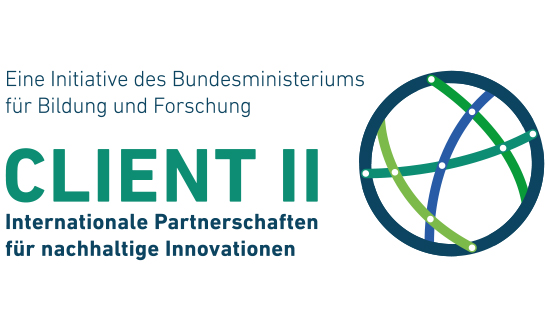
SDG 2 aims to end hunger, achieve food security and improved nutrition, and promote sustainable agriculture. This also includes the right to secure and equal access to land and other productive resources. It must be ensured that these resources are sustainable, resilient, and adaptable to climate change and extreme weather conditions.
Overview, targets and indicators of SDG 2
Forschungszentrum Jülich is helping to realize SDG 2 by working together with partners in Nigeria and Benin to investigate how a sustainable, climate-smart, and integrated approach to food production and energy generation could prevent conflicts over land use.
YESPV-NIGBEN
The fight to end hunger and achieve food security and sustainable agriculture requires sufficient land to be made available for the cultivation of food crops.
Due to the steadily growing population in sub-Saharan Africa, conflicts are increasingly arising over the use of land for food production or energy generation. The YESPV-NIGBEN project conducts research into solutions that support climate-smart and efficient land-use practices. In Nigeria and Benin, for example, greenhouses equipped with and powered by photovoltaics are being tested in an effort to defuse the conflict over land use through an integrated approach.
In addition, on-site training and further education courses are offered to the local population, helping to ensure the project’s continuation in the long term.

“When it comes to land use, the standard practice is to designate separate areas for food production and energy generation. This often means that a difficult choice must be made – particularly in regions where only a small amount of land is available for use. Combining energy generation from photovoltaics (PV) and food production in a PV-supported greenhouse is a ‘smart’ option for tackling this challenge,” says Dr. Solomon Agbo, project coordinator of YESPV-NIGBEN and an employee at Forschungszentrum Jülich’s National and International Relations division (NIB).
Project Information
Further Information

